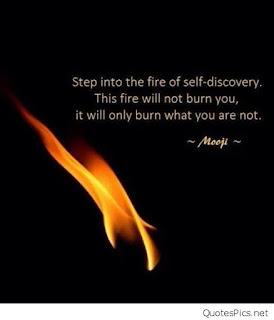Psychological Safety at the Workplace
When a human being feels psychologically safe he / she is able to voice the opinion / is free to learn and contribute and has the courage to question the status quo without feeling embarrassed. Employees who do not feel psychologically safe will never question anything, will never participate / contribute towards decision making at any phase in the organization. With remote teams coming into existence the psychological and physical safety of an employee should be of paramount importance to the leader of the team / the owner of the organization. With the pandemic since March 2020, the physical safety of the employees is taken care of but what about the psychological safety?
Do employees feel welcomed while voicing their opinions? Do employees enjoy working at the place where they are working? Is the job a thrill or a burden for them? Does the employee feel included? Does the employee have a sense of belonging towards the organization? Does the employee feel marginalized / embarrassed to speak? Is the employee punished for speaking openly? An organization can be called psychologically safe when the employees are confident of speaking and can freely share their mistakes / shortcomings without the fear of being punished / feeling embarrassed / marginalized. Employees can flourish when they are working in a system that is collaborative and focuses on psychological safety that comprises of 3 things - security, fulfillment and belongingness. These workplaces do not focus on being nice and are not free from conflict.
Conflict is an inevitable factor at the workplace but how you try to sort out the differences and focus on the goal and well being of the organization is what matters the most. Such organisations are not those where every idea of the employee is accepted. Instead these organisations are healthy places where one can speak without fear with an accountability to solve the problems and take the optimal decisions for the well being of the organization as a whole. This is not an outcome in itself but a process that leads the organization to its goal - excellence that can be achieved by allowing the employees to voice their views at the right time, by encouraging alternative perspectives and deliberate divergence of listening and thought and lastly by sharpening the creative problem solving process that triggers innovation and novel ideas.
An organization that lacks psychological safety is one wherein the employees never ask questions during meetings. There is a blame game being played by employees in case of any mistake and opportunities are missed. The team does not have the courage to discuss hot button topics / have difficult conversations as these lead to conflict. No feedback is given nor sought. To improve this the boss / leader can listen to the team and demonstrate an engagement while the team speaks. Stop blaming in order to keep the trust intact. Bring your whole self to the work place and create self awareness among your team. Cliques and toxic energies must be nipped in the bud only. Include the team in decision making.
Psychological safety is important to every human being. It is an essential at all places - at home, in all relations or at the workplace. It pays off because it is the topmost driver of high performance especially during challenging times and enhances the employee experience. This is the need of the hour for most of the employees across the world as only a handful of organizations focus on psychological safety. If the employee feels psychologically safe he / she will give their best and be instrumental in achieving the aims and objectives of the organization with a sense of belongingness, security and fulfillment.




Nice quoted Story of every salaried...a common man
ReplyDeleteThanks for your sharing! The information your share is very useful to me and many people are looking for them just like me! Also visit here for vitamins for childrens
ReplyDelete